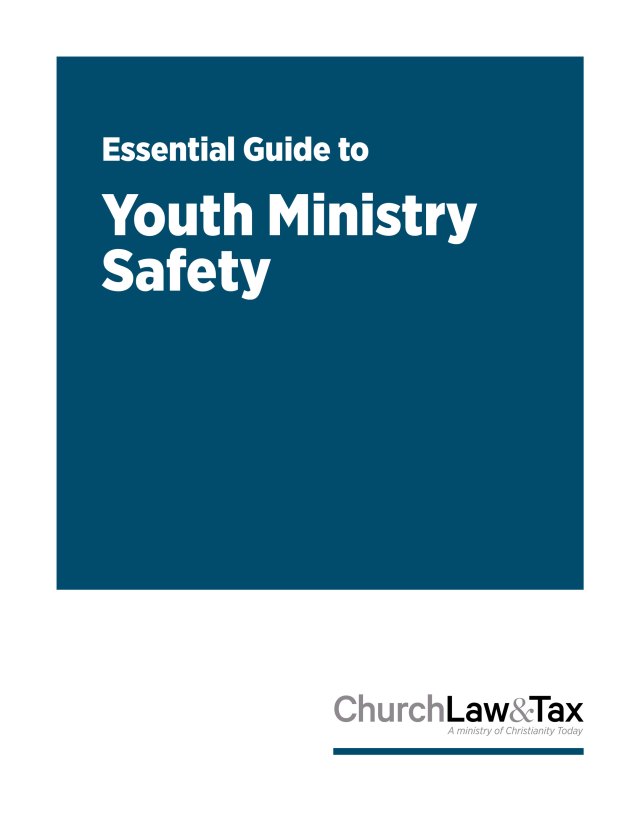• Key point 10-10.2. Many courts have ruled that the first amendment prevents churches from being legally responsible on the basis of negligent supervision for the sexual misconduct of ministers.
• Key point 10-13.2. Several courts have refused to hold churches and denominational agencies liable on the basis of a breach of a fiduciary duty for the sexual misconduct of a minister. In some cases, this result is based on first amendment considerations.
Negligence as a Basis for Liability
* A Washington state court ruled that the first amendment guaranty of religious freedom prevented it from resolving a woman’s claim that a religious organization was liable for injuries she suffered as a result of a sexual relationship initiated by her clergyman. The woman (“Julia”) claimed that her Buddhist minister engaged in a sexual relationship with her over a period of three years. She sued her temple, alleging that it was responsible for the minister’s acts on the basis of negligent supervision and retention, breach of a fiduciary duty, and negligent pastoral counseling.
negligent supervision and retention
In rejecting the negligent supervision and retention claims, the court concluded, “If a civil court were to review the conduct of the temple to determine whether it should have exercised more or better supervision of [its minister] that court would necessarily entangle itself in religious precepts and beliefs …. We can see no way that a civil court could avoid interpreting religious doctrine in determining whether the temple was liable for negligent supervision and retention. In short, there are no neutral principles of law governing this case that would permit a civil court to resolve the question of liability against the temple.” The court rejected Julia’s argument that it could resolve her claims because they involved “secular” misconduct by the minister. It observed, “Focusing on whether the alleged activity by [the minister] is secular does not fully address the constitutional issue: whether resolution of the legal issues necessarily would require a civil court to become involved in interpreting church doctrine to determine the temple’s liability. Thus, although the alleged activities of [the minister] may be secular in this case, that does not address whether a civil court may avoid interpreting doctrine to address whether the temple is liable for negligent supervision.”
fiduciary duty
Julia asserted that the temple had a “fiduciary duty” to protect her from sexual misconduct, and that it violated this duty. The court rejected this basis of liability, noting that Washington law did “not support the conclusion that an adult victim of sexual abuse has a special relationship with a religious organization associated with the alleged abuser” that would give rise to a fiduciary duty.
agency
Julia claimed that the temple was liable for the minister’s acts because he was its “agent.” The court treated this claim as one based on the legal doctrine of respondeat superior (an employer is liable for the negligent acts of its employees committed within the scope of their employment). The court concluded that an employer cannot be liable on the basis of respondeat superior for an employee’s intentional sexual misconduct because such acts are not within the scope of employment.
alter ego
Julia claimed that the temple was liable for the minister’s acts because it was his “alter ego.” The alter ego theory allows courts to “pierce the corporate veil” and impose liability on shareholders for the wrongs of a corporation. The court noted simply that it was aware of no case that used the alter ego theory as a means of imputing liability on a church for the sexual misconduct of a minister.
negligent counseling
Julia claimed that her minister committed negligent pastoral counseling, and that the temple is responsible for his acts on agency principles. Once again, the court disagreed. While the minister may well have been negligent in his counseling, Julia “failed to explain why or how that theory would create liability for the temple as a result.” It noted that it had rejected liability based on agency or respondeat superior. S.H.C. v. Sheng-Yen Lu, 54 P.3d 174 (Wash. App. 2002).
© Copyright 2003 by Church Law & Tax Report. All rights reserved. This publication is designed to provide accurate and authoritative information in regard to the subject matter covered. It is provided with the understanding that the publisher is not engaged in rendering legal, accounting, or other professional service. If legal advice or other expert assistance is required, the services of a competent professional person should be sought. Church Law & Tax Report, PO Box 1098, Matthews, NC 28106. Reference Code: m67 c0603




